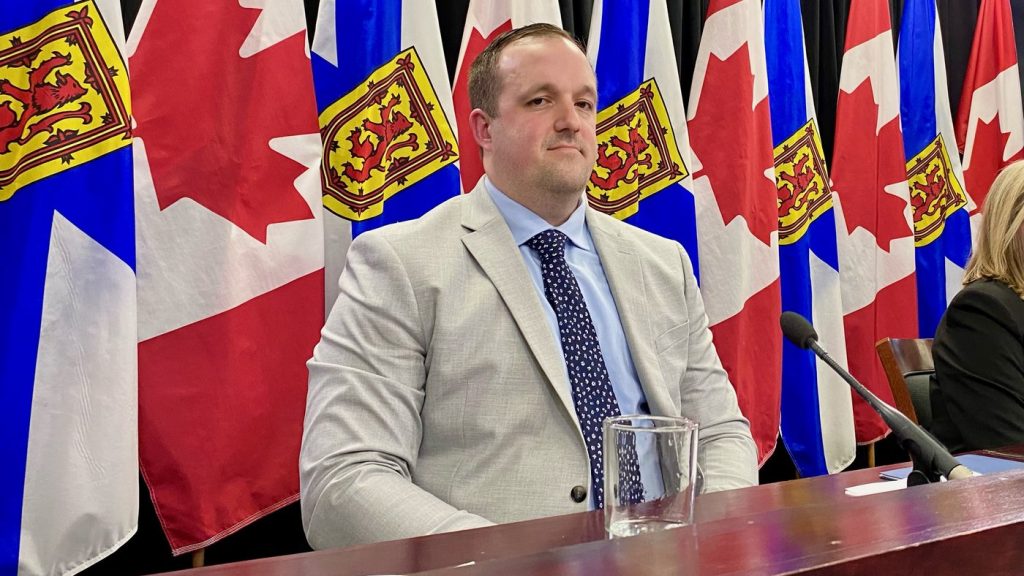HALIFAX – The Nova Scotia government claims progress in enhancing public access to mental health care; however, advocates assert that the province is falling short of its commitments. Premier Tim Houston initially promised universal mental health care during his 2021 campaign, pledging to allocate approximately $100 million annually for registered psychologists, social workers, and counseling therapists to directly bill the province for patient treatments.
Despite the pledge made four years ago, the Houston government has yet to fulfill this promise, even after winning re-election in 2024. However, Brian Comer, the Minister of Mental Health and Addictions, maintains that the government's commitment to establishing universal access to mental health care remains unwavering. “The goal remains the same as it did in 2021, to connect people to care faster, regardless of their ability to pay out of pocket,” Comer stated.
Comer emphasized that the province has been making progress by connecting more individuals with mental health services through the public health system, community organizations, and the private sector. Since 2022, the government has invested an additional $136 million in mental health and addiction services, with an annual budget of $364 million allocated for the 2025-26 fiscal year.
In contrast, Isaac Wright, a social worker who assists young Nova Scotians in navigating the mental health system, expressed skepticism regarding the province's efforts, stating, “We are very, very far from hitting universal mental health care.” Alec Stratford, registrar of the Nova Scotia College of Social Workers, echoed these sentiments, pointing out that access to adequate mental health care remains elusive for many Nova Scotians. He emphasized the need for increased support for community groups specializing in mental health assistance for African Nova Scotians, Indigenous populations, and LGBTQ+ individuals.
Moreover, Stratford referenced recommendations from the Canadian Mental Health Association, which advocates for governments to dedicate 12 percent of their health budget to mental health services. However, Nova Scotia's projected expenditure of $5.97 billion on total health funding in the 2025-26 budget allocates only $364 million—or six percent—to mental health care.
Comer highlighted several initiatives the province has undertaken, such as creating new support programs for youth and establishing new recovery centers. An ongoing program designed for individuals with mood and anxiety disorders has reportedly assisted over 200 patients in accessing counseling services through private registered professionals, billed directly to the province. Comer described this model as a “real collaboration” enhancing access to care.
Dr. Alexa Bagnell, chief of psychiatry at the IWK Children’s Hospital in Halifax, remarked on the transformative changes in mental health care for youth over the past five years, citing increased resources available in communities. She noted that a new model has been implemented in three communities, with plans for five more in the coming years, aiming to facilitate seamless access to mental health support for young individuals and their families.
However, Halifax resident Gabriela Nogueira expressed disappointment regarding the government’s failure to deliver on promised public counseling and therapy services. She conveyed that the existing public system often forces individuals to recount their trauma repeatedly, resulting in an unrealistic and harmful process due to constant therapist turnover.
Wright voiced concerns about the government’s reliance on private practitioners for mental health care, suggesting that this approach may inadvertently lead towards the privatization of services, which could threaten the future of the public mental health system. He emphasized the necessity for the government to enhance counseling availability and increase personnel dedicated to case management to ensure patients receive comprehensive support without falling through the cracks.











